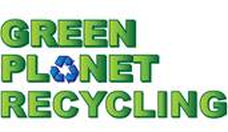Do you have these misconceptions about Pressure-Washing?
Pressure washing is a great way to get your outdoor space looking new again. Green Planet Recycling offers pressure washing services in Calgary and the surrounding areas to help you get the most out of your pressure washing experience, without the headache. CALL NOW for a FREE ESTIMATE. Here are some common misconceptions about pressure washing and the actual facts. Misconception #1: You can pressure wash your property yourself. It is very easy to damage your decking, vinyl or composite decking if pressure washed incorrectly. All pressures do not work the same for all surfaces. Wood, for example, is very...

